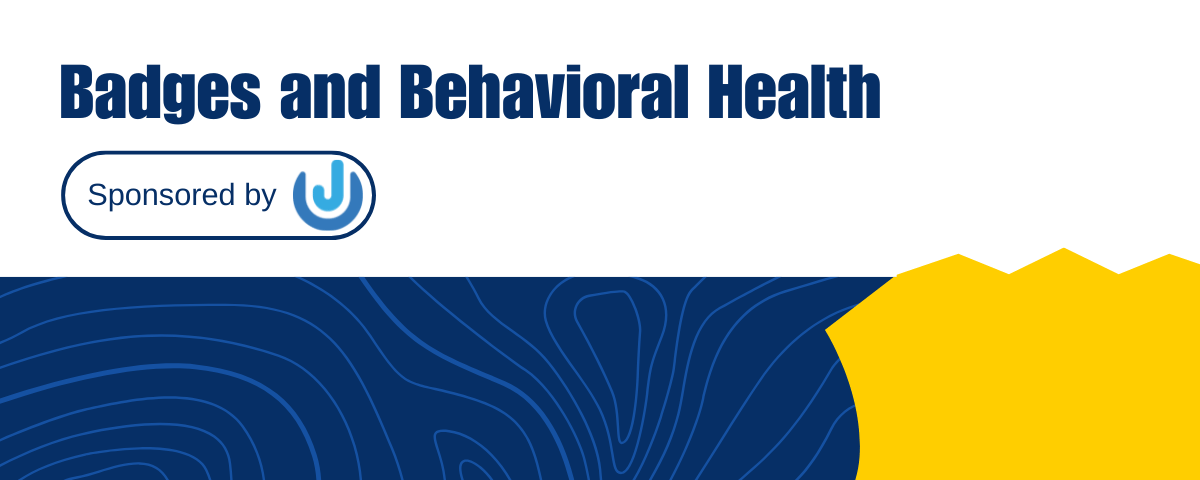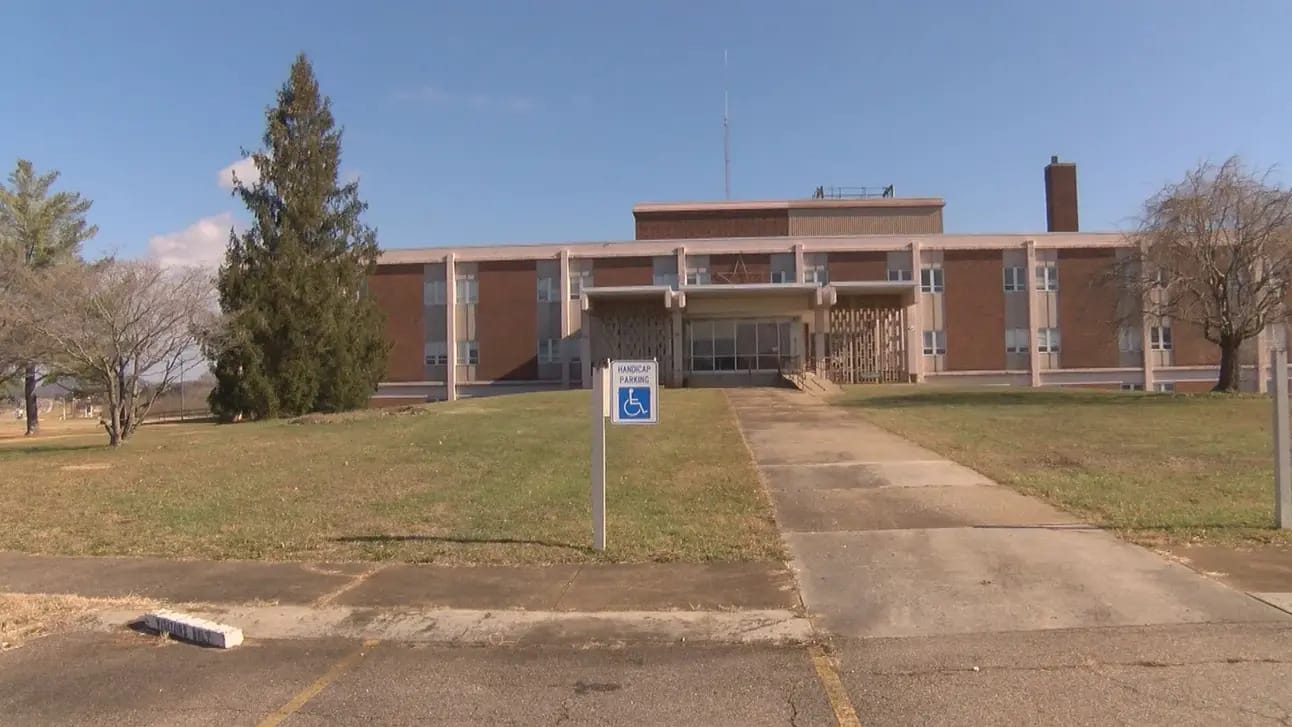Today’s Brief:
Behavioral Health Briefs
Oregon’s IMPACTS Program Reduces Convictions, Boosts Treatment Access
🧠 New Green Valley Treatment Center Boosts Rural Mental Health and Addiction Care
Total Read Time: 2 Minutes
🧠 Behavioral Health Briefs
Erie County recently launched the Crisis to Care Collaborative, a regional initiative aimed at routing behavioral-health-related calls through a coordinated network of care providers instead of police intervention. The effort brings together local leaders and mental-health partners to ensure quicker, more compassionate, and non‑law enforcement–centered responses to mental-health crises
UNM Health has deployed a new Behavioral Response Team (BRT) in Sandoval County to respond to select 988 suicide and crisis-line calls. Composed of two clinical staff—often a peer supporter alongside a licensed counselor—the mobile BRT provides timely, on-site mental-health assistance, aiming to stabilize individuals where they are and connect them to follow-up resources
State lawmakers hosted a public session in Agawam to gather feedback on a newly proposed behavioral-health initiative within the public school system. The discussion is part of broader efforts to shape and implement mental-health programs aimed at school-aged youth
Sponsored by: Julota
Julota empowers smarter crisis responses by simplifying and streamlining Law Enforcement and Behavioral Health programs. By integrating hospital, EMS, and social services data into a centralized platform, it enables seamless, secure, and HIPAA-compliant collaboration. Automated reporting ensures compliance, while customizable workflows address community-specific needs. With actionable insights, teams can improve outcomes and secure greater funding, making Julota the only software purpose-built to bridge law enforcement and behavioral health with compassion and efficiency. |
An evaluation of Oregon’s IMPACTS program, launched in 2019 to expand community behavioral health services, found it significantly reduced justice system involvement and improved substance use treatment rates. Counties using the program saw 47 fewer convictions per 1,000 people annually and a modest drop in recidivism. Medicaid enrollees in these areas also showed higher rates of treatment initiation and engagement. Local implementation strategies included jail diversion teams and culturally tailored case management. Researchers saw no major changes in hospital use but noted a small increase in civil psychiatric admissions. Ongoing analysis will track longer-term outcomes through 2024.
A newly opened facility in Green Valley, Arizona, the Haven Detox Arizona, is addressing the region’s severe behavioral-health care shortage by offering comprehensive mental health and substance-abuse services in a rural community ranked 48th nationally for access to mental health care. The center provides a 30‑day inpatient detox program along with evidence‑based therapies such as DBT, CBT, and trauma‑focused treatment, supplemented by holistic options like yoga, meditation, group cooking, and genetic medication guidance (GeneSight testing). Importantly, it accepts AHCCCS (Arizona Medicaid) and tribal health insurance, making care accessible to Medicaid and Native American patients who previously faced major financial barriers




